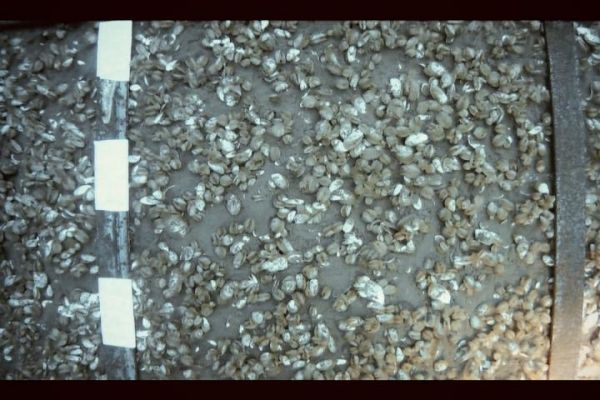The health of aquatic ecosystems depends on the supply of key nutrients, especially phosphorus. Too much phosphorus results in unwanted eutrophication, and much effort is spent on preventing phosphorus pollution of water bodies. In the world’s largest freshwater ecosystem, the North American Great Lakes, this control may have recently been lost to an invasive species.
According to a new study published in the journal PNAS, quagga mussels, which have spread across four of the five Great Lakes, have accumulated large amounts of phosphorus in their biomass, to the degree that their activities now regulate the supply of phosphorus to the ecosystem.
The invaders, native to the Ponto-Caspian region of Eurasia, appeared in the Great Lakes in the late 1980’s and by late 2000’s spread over vast areas of bottom sediments in all the lakes except Lake Superior. Their biological effects on the ecosystem have been well recognized, but effects on the chemical system remained uncertain.
Read more at: University of Minnesota
quagga mussels (Photo Credit: Swenson College of Science & Engineering)


